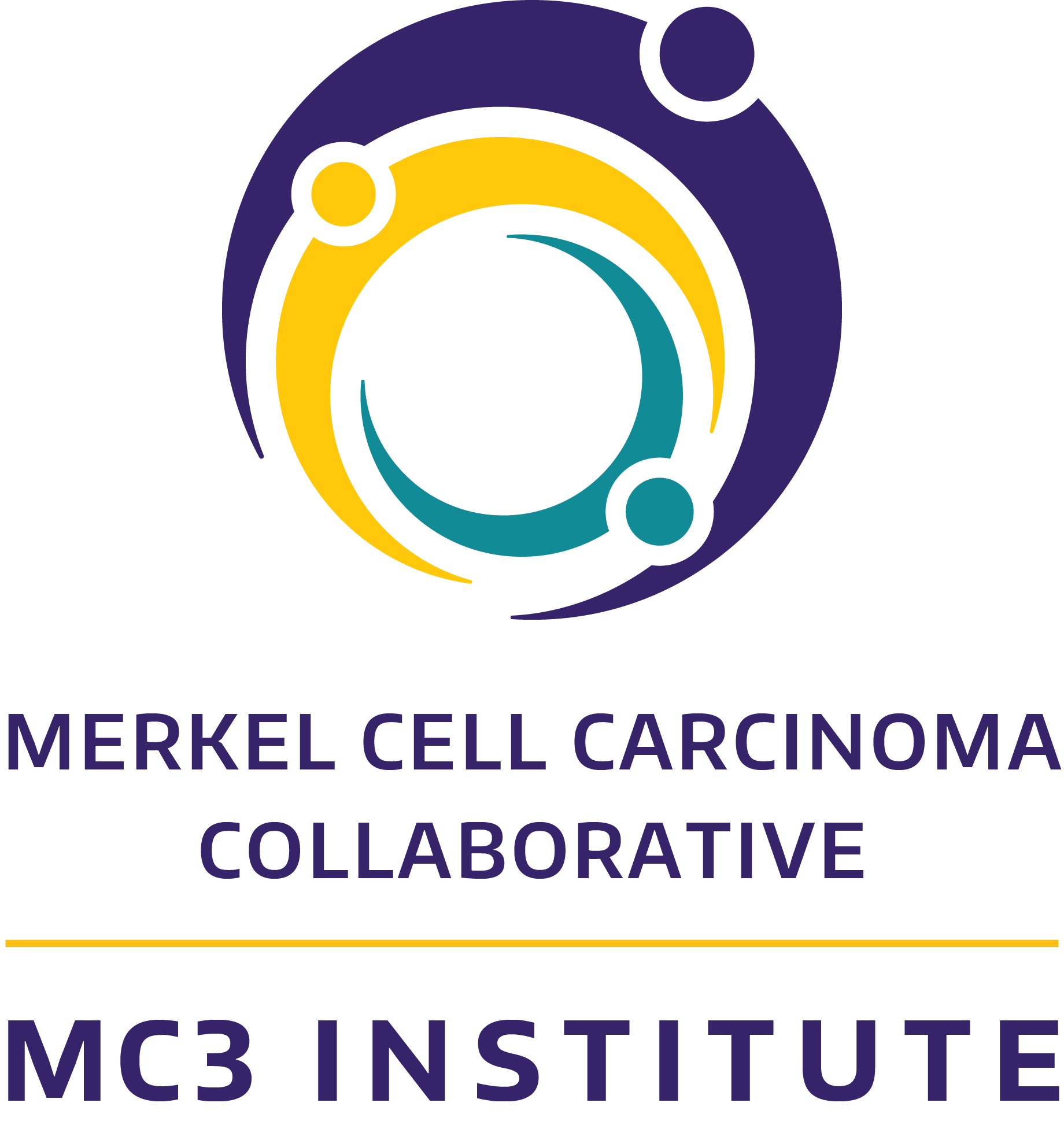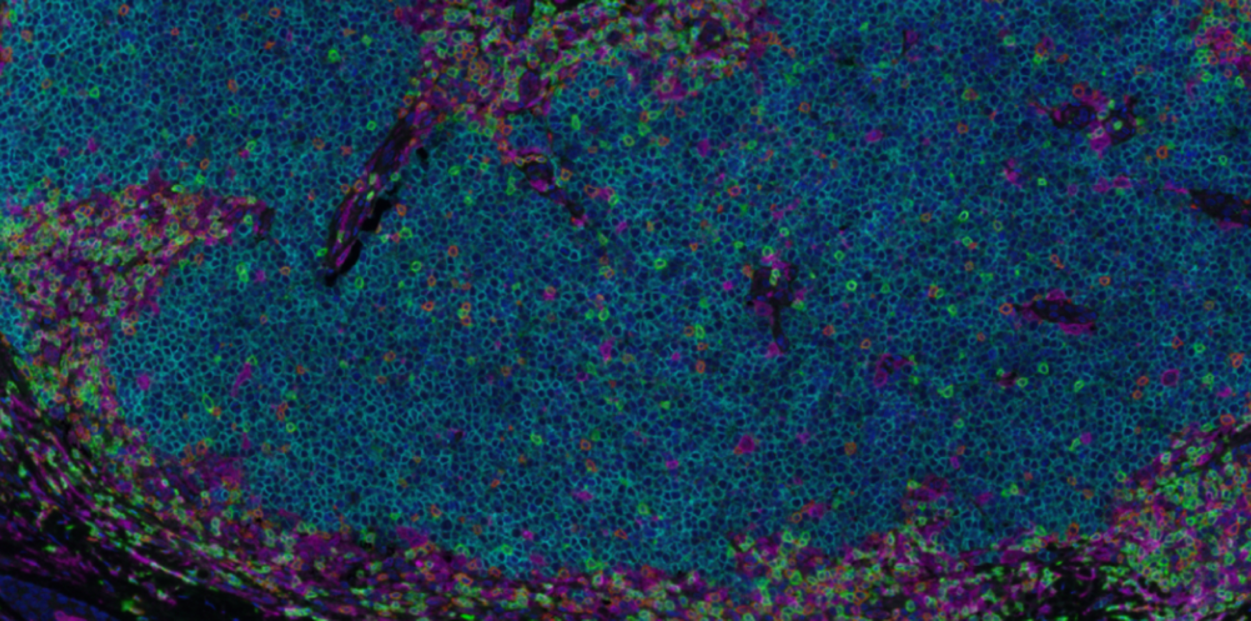Merkel cell carcinoma collaborative (mc3) institute

The Merkel Cell Carcinoma Collaborative (MC3) Institute, established in 2025, is dedicated to improving the lives of patients with Merkel cell carcinoma (MCC) through excellence in translational research.
The Institute brings together researchers, clinicians, and patient advocates united in the fight against MCC. Its mission is to improve patient outcomes by advancing translational immunobiology, with a particular focus on harnessing anti-cancer immune responses and applying them to the treatment of this rare and aggressive cancer.
MC3 provides structure and coordination for more than 100 MCC collaborators in Seattle, and across the globe. The Institute manages and supports scientific research projects, facilitates the training of junior scientists and clinicians, advocates for patient needs, and delivers world-class MCC clinical care.
The MC3 Institute is based at UW Medicine and the Fred Hutch Cancer Center.
MC3 Institute
UW Medicine at South Lake Union
850 Republican St.
Box 358050
Seattle, WA 98109
Nghiem Lab
The Nghiem Lab, led by Paul Nghiem, MD, PhD, Principal Investigator and Head of the Department of Dermatology, studies tumor immunology and cell cycle biology to discover innovative approaches to prevent and treat cancer. An aggressive virus-driven cancer called Merkel cell carcinoma is one focus. Another focus is a protein kinase called ATR that is required for the replication checkpoint — how a cell ensures it does not divide before completely replicating its DNA.
The lab is located at UW Medicine’s Research Hub at South Lake Union. Members of the lab include research scientists, fellows, graduate and post-doctoral trainees, and undergraduate research assistants.
Nghiem Lab
UW Medicine at South Lake Union
850 Republican St.
Box 358050
Seattle, WA 98109
Simpson Lab
The Simpson Lab, led by Cory Simpson, MD, PhD, studies the skin, which serves as a protective shield between the human body and its environment. The focus is on understanding the biology of skin cells called keratinocytes with the goal of understanding how they normally mature to form an effective barrier tissue and how they are compromised in skin disease. The ultimate goal is to identify novel approaches to promote skin tissue regeneration, to prevent skin damage from environmental stressors, and to treat genetic dermatologic disorders. The lab is located at UW Medicine’s Research Hub at South Lake Union.
Simpson Lab
UW Medicine at South Lake Union
850 Republican St.
Brotman D254
Box 358050
Seattle, WA 98109



